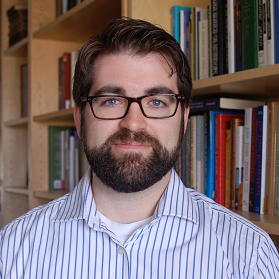There is little doubt that the inerrancy of the Bible is a current and often contentious topic among evangelicals. The Five Views on Biblical Inerrancy course showcases the spectrum of evangelical positions on inerrancy and facilitates understanding of these perspectives, particularly where and why they diverge.
Each unit in the course considers:
- the present context and the viability and relevance of inerrancy for contemporary Christian witness;
- whether and to what extent Scripture teaches its own inerrancy;
- the position's assumed/implied understandings of the nature of Scripture, God, and truth; and
- three difficult biblical texts: one that implies intra-canonical contradictions, one that raises questions of theological plurality, and one that concerns historicity.
The Five Views on Biblical Inerrancy course serves not only as a resource for surveying the current debate, but also as a catalyst both for understanding and advancing the conversation further. Featuring contributions from Al Mohler, Kevin Vanhoozer, Michael Bird, Peter Enns, and John Franke, course units provide viewers with the tools they need to draw informed conclusions on this debated issue.
By completing this course, you’ll gain:
- Greater familiarity with and appreciation for varying views on biblical inerrancy
- Insight into the relationship between important doctrines, such as inerrancy of the Bible, and today’s culture
- A deeper understanding of the debate surrounding the Bible’s infallibility
- Confidence in your growing knowledge through personalized review sessions and unit assessments
















